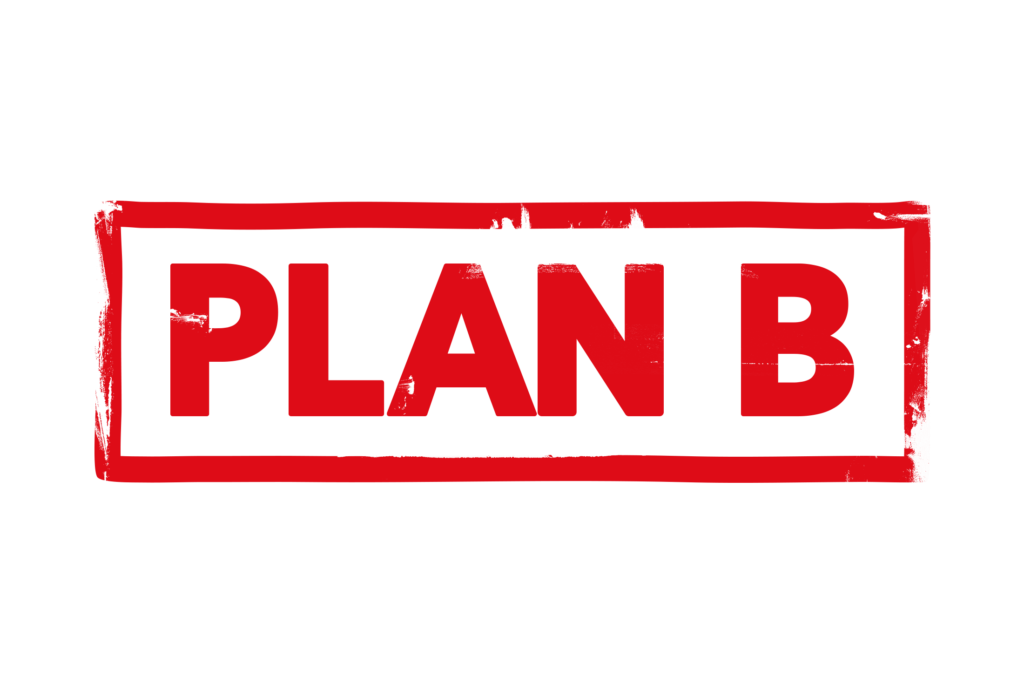
The Average Entrepreneur has so many tasks and obstacles ahead of them, it can be nerve racking to accomplish it all. How can we manage all these duties and keep ourselves together mentally?
Strategic planning:
We fight against this circumstance by systematic planning. Normally, when a person builds a business, they account for all the necessities that establishment is going to require. However, life throws more curve balls, than what can be reasonably anticipated. Imagine this, “problems don’t occur in a vacuum”. That is, they come about because lack of incite or being unfamiliar with a given set of circumstances.
A college student thinks about a career before-hand. While in junior high-school. They consider strengths, weakness, money and resources. As these are aspects reviewed he/she develops a plan to apply to a minimum of three to four Universities. Knowing, the likelihood for denial. With at least one option, approval is more likely to be granted. Inadvertently, this person assures themselves a “win” regardless of the college they attend, as long as the curriculum is in the area, they want to study and costs aren’t too astronomical.
To combat our level of newness in a venture, we often rely on others who have considerable expertise. Even though, gathering this help from a mentor is going in the right direction. Such strategy can be challenging. There maybe disagreements. More than likely, you will have to pay for the expertise of a Mentor. What’s in it for them? How could they benefit from helping someone’s business? You might have to give up a percentage of the company because they are using sweat equity by helping.

One of my favorite perspectives when it comes to advanced problem solving, is developing solutions before hand. That is, for seeing an upcoming issue, which have real-world implications or has a high-degree of probability of happening. Having “fore site” rather than “hind site”, a individual could plan for most catastrophes. What? Yes. Bad things don’t have to happen. They occur because of lack of planning.
A plan B should be incorporated when ever possible. Let’s take a look at this from another perspective. In my personal life, I manage cutting the lawn, home repairs, website updates and trying to develop alternate streams of income. Collectively, this is a lot to handle alone. The only effective way to manage these tasks and my time is to problem solve from the beginning. For instance, I bought a home to have a secure location for my business. However, I had to manage repairs for “two big things”, instead of one. The point here is that, the home was a fixer-upper and required a lot of work. I prioritized working on it for 2yrs. and got back to renting boats this year.
The time was greatly served and I saved thousands. If I waited to perform work on the home, it could have cost more down the road! There was a steep learning curve being a new home owner. In hindsight, it was the right thing to do! Someone else might say you lost money not operating your rental business at full capacity. Not a chance! Fixing a home with water damage could have MORE been huge!
Would your customers understand?
It really wasn’t that big of a concern. Mainly, because the industry in which I’m operating, is in HIGH DEMAND. It’s hard work and considerably difficult to start. At the inception, I thought of who would conduct jet-ski repairs, design trailers for each piece of equipment and create drop-off friendly locations . Although many hurtles existed, being a creative thinker has helped immensely.
7 Tips to Success!
Place tasks in order of importance, from least to high.
- Remove unproductive habits.
- Use free time for important tasks
- Cut costs in all ares to bolster savings.
- Learn to say no when you are at risk!
- Assess future obstacles and develop solutions
- Learn from mistakes & don’t repeat.
- Develop income by creating new services.